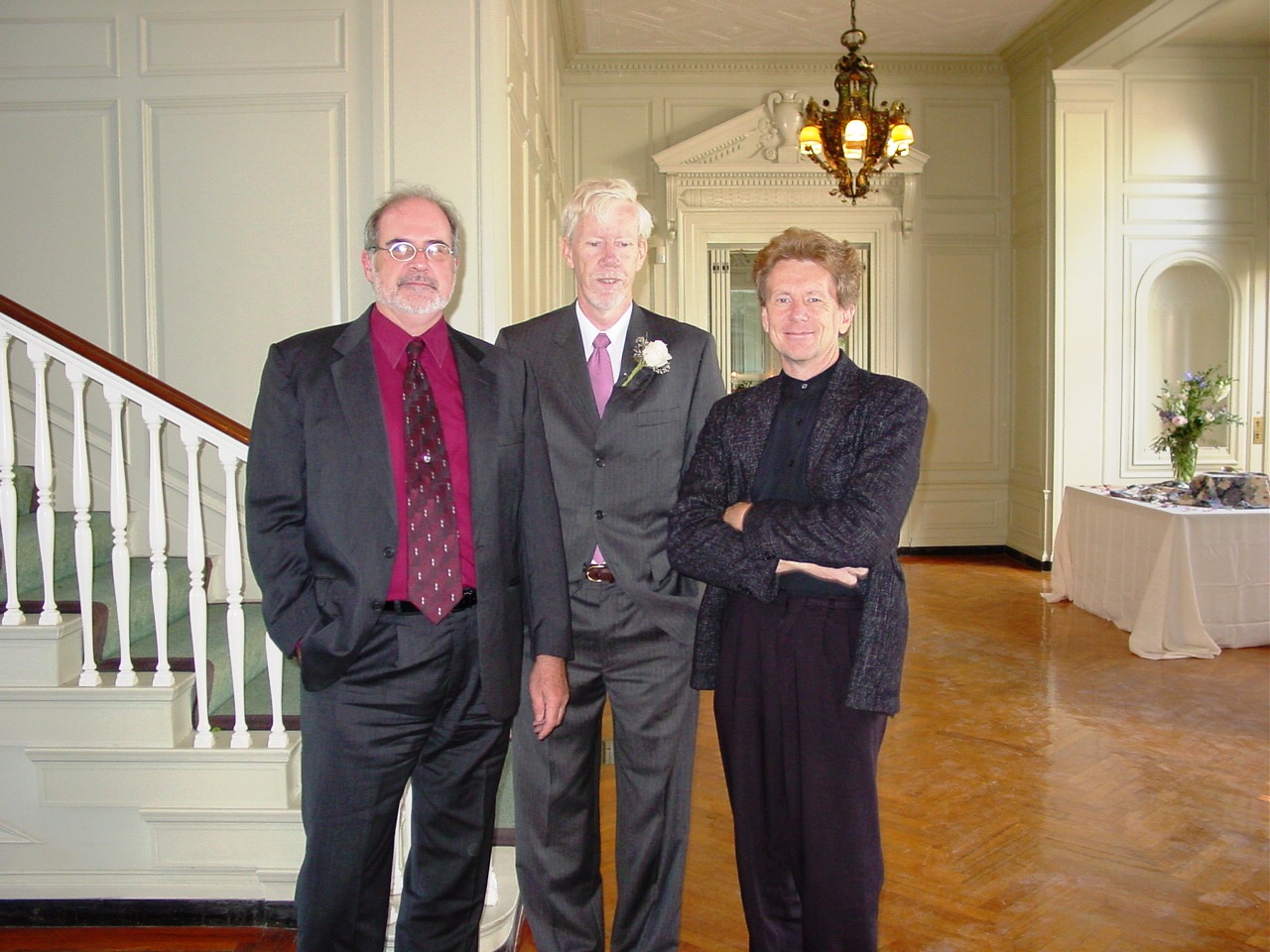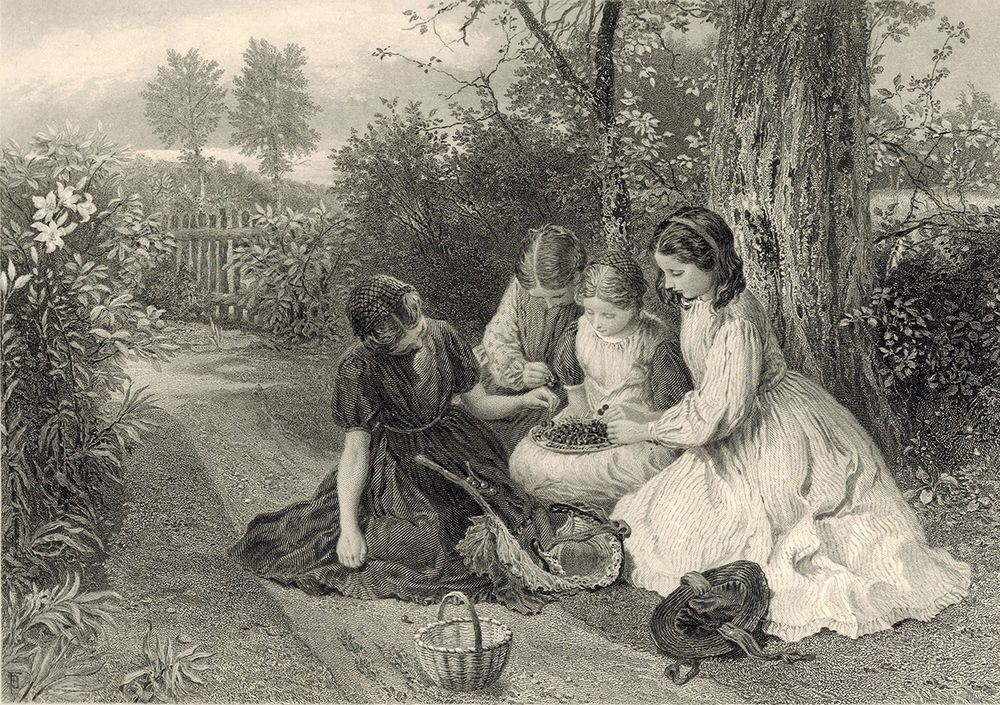Welcome to the Wakefield Doctrine (the theory of clarks, scotts and rogers)
(uh oh… by the looks of that sub-title, someone’s been listening to old records again… )
lol
We were privileged to receive a comment on yesterday’s post from a new Reader, Jael. In her comment she says,
I confess I tend to get confused in these posts (as well as comments received on my posts)…I’m guessing I’m somewhere between a Clark and a Roger, definitely not a Scott/predator
First off, thank you for the comment. They, (comments) are, at very least, half the reason for writing this blog.
As mentioned in my reply, it has been a core ambition to write the perfect Doctrine blog post, though I have strayed from that central theme over recent years. There was a time when every post was one in which the principles of the Doctrine were laid-out, illustrated, illuminated, dissected, analyzed and dramatized. However, I’ve tended to stray from this, in the service of a more questionable goal, to learn to write good.
But enough about me!
(Lets shake out the spandex and sequins, crank up the smoke machine, and turn everything up to ’11’. With any luck, I won’t fall off the front of the stage and sprain something necessary.)
the Wakefield Doctrine (the theory of clarks, scotts and rogers) is predicated on the idea that we, all of us, are born with the capacity to experience the world, and the people who make it up, in one of three ways: as an Outsider (clarks), a Predator (scotts) or a Herd Member (rogers). At an early stage in life, for reasons not understood, we all settle into one of these three personal realities. The Wakefield Doctrine maintains that reality itself is, to a small but very significant degree, personal. Not such a radical notion, nothing weird like singing teapots or animals with drivers licenses, simply personal. Consider:
Two people, standing on the sidewalk of a noon-rush city street, looking at the same restaurant. The idea of personal reality allow that they are surely experiencing this moment in time differently. (Hint: one is friends with the manager and used to date the bartender, the other threw-up on the perfectly white linen tablecloth of the table where the family had gathered to celebrate a grandparent’s 99th birthday.)
Once we have settled into our predominant worldview, (whichever of the three), it becomes our reality. And, no surprise here, we learn as children to deal with the world around us, we develop our strategies for getting through life, aka a personality type.
Here’s the cool part: the character of our personality type is a reflection of the world. Our personality types are inevitable, (and effective), because they are geared to the world, as we are experiencing it.
Examples:
- the Outsider (clarks) grow up on the fringes, avoiding the spotlight yet finding ways to be a part of a world of people, all of whom seem separate and different.
- the Predator (scotts) develop their social strategies in a context where life consists of threats and rewards, danger and pleasure. Like the Predator in nature, this personality type is all about reaction time, staying alert (to the aforementioned threats and dangers) and moving fast
- the Herd Member (rogers) belong. They belong, and, more importantly, they experience a world where there are Rules and the future is knowable and quantifiable
… hey, Jael, running out of time and, as I read what I’ve written, its clear I’ll need to resort to some old tricks to get ‘off stage’ in a way that looks totally planned.
One last thing: while we all settle into one, (and only one), of the three personal realities, we never lose the potential to experience the world as ‘the other two’. These are referred to as secondary (and tertiary) aspects. Myself, as an example: I am a clark (my predominant worldview) with a strong secondary scottian aspect and a weak tertiary rogerian aspect. What this mean is that I although am fluent in mumbling, avoid eye contact, and am hypo-photogenic, if under duress or focused on something important to me, I will make sure you hear me, but without a hug.
So, I will continue practicing to write the perfect Wakefield Doctrine post. (This is not it. lol)
oh, yeah! one other thing. Your comment makes it clear you have the right idea about how to determine a person’s personality type. Throw out the, ‘no fricken way!’ choice and then look through the eyes of the remaining two. The one that is clearest and least blurry is the your world.
(The more you learn about the characteristics of each of the three predominant worldview, the easier and more fun it gets to see the world from the perspective of the Wakefield Doctrine.)
Thanks again for the prompt.
#WakefieldDoctrine #theoryofclarksscottsandrogers #personality types







